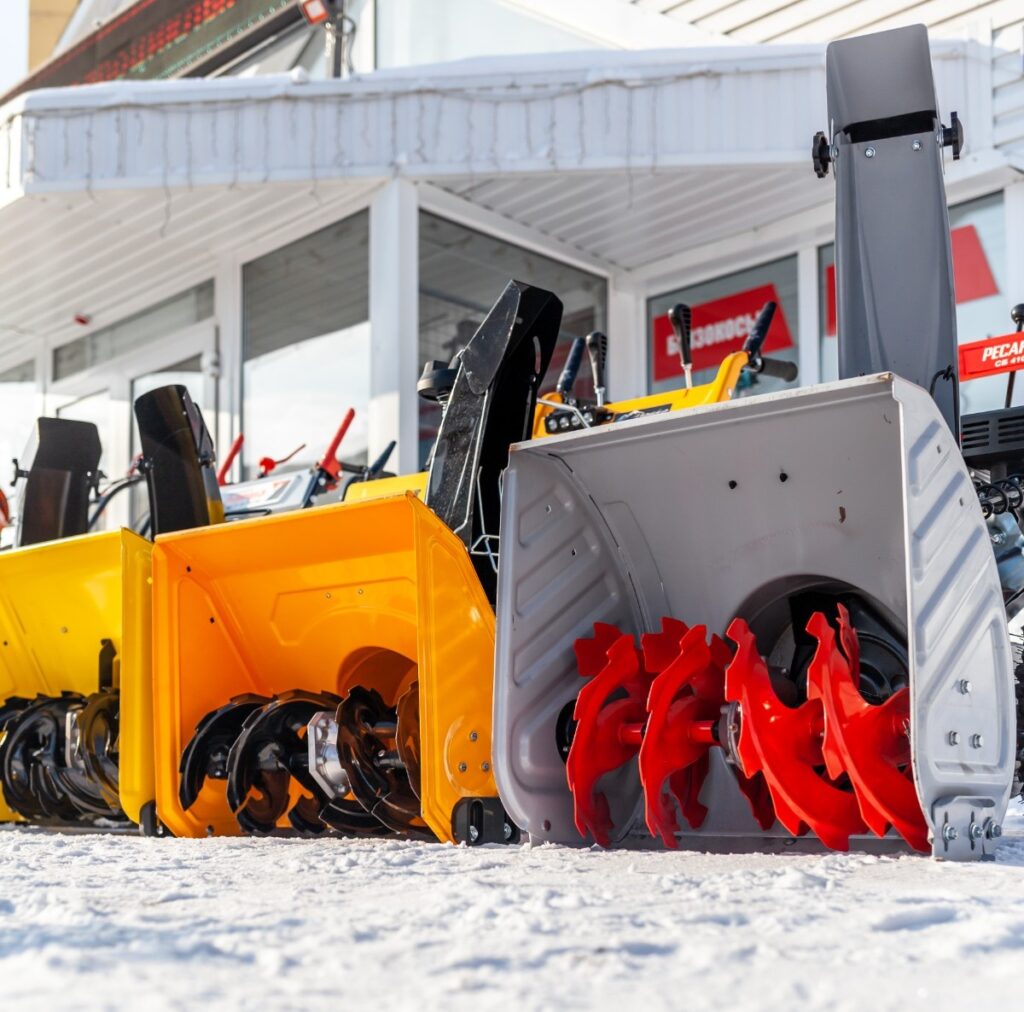Avoid Pitfalls in Snow Contracts: Tips for Facility Managers
Snow removal contracts can make winter operations smoother, but signing a poorly structured agreement often leads to unnecessary costs, liability concerns, and service failures. Overlooked details in contract terms can leave a facility without timely snow removal, resulting in unsafe conditions, compliance issues, and financial strain. Miscommunication between facility managers and service providers further compounds these challenges.
Every winter, businesses face legal disputes, unexpected fees, and inconsistent service due to vague or misleading contract terms. Reviewing key elements before signing ensures that services align with operational needs and financial expectations.
Pricing Structures That Lead to Unexpected Costs
Understanding how a provider charges for services is critical. Some contracts appear cost-effective at first glance but include additional fees that inflate the final cost. Seasonal contracts with set pricing might seem convenient, but some include service caps, meaning that if snowfall exceeds a certain amount, extra charges apply.
- Hourly or per-visit pricing models can also be problematic if terms are not explicitly stated. A facility may be charged each time a plow enters the property, even for minor touch-ups.
- Some providers charge premium rates for holidays or storms exceeding a certain threshold. Without clear documentation of when and how additional fees apply, a seemingly predictable budget can spiral out of control.
- Flat-rate contracts can be beneficial but should include details on the expected service frequency, response times, and any potential exclusions. Some agreements advertise unlimited service but fail to specify response time guarantees, leading to long wait periods when demand is high.
- Facility managers should request a detailed breakdown of costs, ensuring there are no hidden fees for salt applications, multiple visits, or emergency service requests.
Vague Service Expectations and Performance Standards
A contract that lacks specific performance standards often leads to delays, incomplete work, or inconsistent service. Some agreements state that snow removal will occur “as needed” or within a “reasonable timeframe” without defining these terms. During a heavy storm, a facility might expect service before business hours, but a provider operating under vague contract language may delay plowing until the following afternoon.
- Clearly defined trigger depths ensure that services begin at the right time. If a contract states plowing will start at two inches of snow accumulation, there should be a process to confirm when this measurement is reached.
- Some providers use regional weather reports, while others rely on their own assessments. Establishing a measurement standard reduces disputes over when services should be provided.
- Sidewalks, entryways, loading docks, and parking lots must be addressed separately in contracts. A provider might clear driving areas but neglect pedestrian walkways, leaving hazardous conditions that increase the risk of slips and falls.
- Snow pile placement is another critical issue. Large piles near exits, drains, or visibility points create operational and safety hazards. A contract should specify acceptable areas for snow storage and removal procedures if piles become excessive.
Liability Risks and Insurance Gaps
Legal responsibility for snow-related incidents is one of the most overlooked aspects of snow contracts. Some agreements shift all liability to the property owner, meaning if someone slips on untreated ice, the facility absorbs the legal and financial consequences—even if the contractor failed to perform services as expected.
- Contracts that include shared liability require close scrutiny. Some providers use broad language that limits their responsibility in the event of an accident.
- If a contractor fails to apply de-icer or delays service, the property owner might still be held accountable for resulting injuries. Facility managers should ensure the contract includes clear language about liability, specifying the contractor’s obligations for maintaining safe conditions.
- Insurance coverage should be verified before signing any agreement. A contractor should carry general liability insurance, workers’ compensation, and commercial auto coverage.
- Some providers claim to be insured but carry only minimal policies that do not fully protect the facility in the event of a claim. Requesting a certificate of insurance with adequate coverage limits reduces exposure to legal risks.
Contract Length and Automatic Renewals
Some contracts include automatic renewal clauses that extend service agreements without prior notice. Facility managers who fail to cancel within a specific window may find themselves locked into another season of service, even if performance has been unsatisfactory. These clauses often renew under the same terms, preventing adjustments for improved service expectations or pricing negotiations.
- Cancellation policies should be explicitly defined. A contract should outline termination procedures for non-performance, including penalties for failing to meet service commitments.
- If a contractor fails to respond within the agreed timeframe, does not clear priority areas, or violates other service terms, there should be an option to terminate the agreement without financial penalties.
Contractor Reliability and Equipment Readiness
A provider’s ability to meet service demands depends on fleet size, equipment condition, and workforce availability. Some contractors take on more properties than they can effectively manage, leading to delays and service inconsistencies. Equipment failures, staff shortages, or poor route planning further reduce reliability.

- Verifying a contractor’s service capacity helps avoid last-minute surprises.
- A facility manager should ask about the number of plows, salt spreaders, and backup equipment available during peak winter months.
- Some providers rely on subcontractors, which can create service inconsistencies if not properly managed. A contract should state whether subcontractors will be used and require that they meet the same service and insurance standards as the primary contractor.
Poor Communication and Response Delays
During a storm, communication between facility managers and snow removal providers must be seamless. Some contractors fail to provide updates, leaving property managers uncertain about service timelines. If a contract does not specify a communication process, managers might struggle to get updates when service is delayed.
- Real-time tracking or service logs help document when and where work is completed. Some providers offer digital reporting, sending time-stamped updates when plowing or de-icing is performed.
- These records not only confirm that services were completed but also serve as documentation in the event of liability disputes.
- Emergency response procedures should be part of every contract. If conditions worsen unexpectedly, a facility should have a direct point of contact for urgent service requests.
- A provider who cannot be reached during a storm creates unnecessary risks, especially in high-traffic commercial properties where safe conditions are critical.
Snow Storage and Environmental Considerations
Snow placement is often overlooked in contract discussions. Large piles near sidewalks, storm drains, or entrances can create long-term hazards. Melting and refreezing cycles turn improperly stored snow into ice patches, increasing slip risks. A contract should specify designated snow storage areas, ensuring that melting does not create secondary hazards.
- Some regions have strict environmental regulations regarding de-icing chemicals and snow disposal.
- Certain de-icers can damage concrete, corrode metal, or harm landscaping if overused.
- A contract should outline the type of de-icing materials used and any environmental compliance measures.
- Asking about eco-friendly de-icing alternatives can help facilities reduce environmental impact while maintaining safety.
Final Considerations
A well-negotiated snow contract protects a facility from unexpected costs, liability risks, and service failures. National Facility Contractors helps businesses avoid these risks by ensuring that contracts are clearly structured, cost-effective, and aligned with operational needs. With expertise in vendor management and facility maintenance, NFC ensures that snow removal services are reliable, responsive, and free from hidden fees or legal complications. Get in touch so we can discuss your needs.
Facility managers who take the time to review contract terms carefully avoid the pitfalls that lead to unreliable service, budget overruns, and legal issues. A strong agreement provides peace of mind, ensuring that winter weather does not disrupt business operations or compromise safety.






